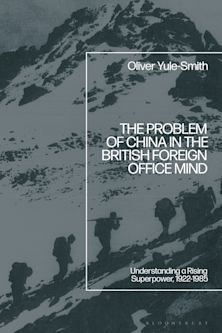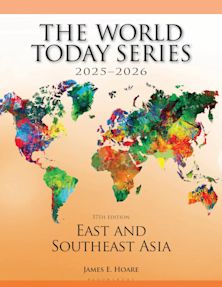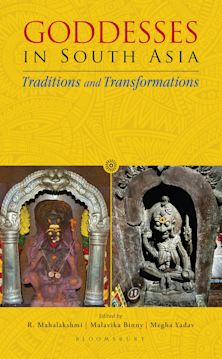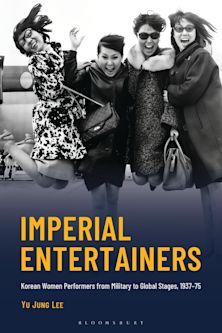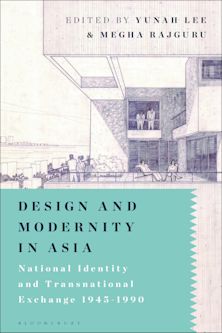China Learns from the Soviet Union, 1949–Present
China Learns from the Soviet Union, 1949–Present
This product is usually dispatched within 10-14 days
- Delivery and returns info
-
Free UK delivery on orders £30 or over
Description
It is well known that the Soviet Union strongly influenced China in the early 1950s, since China committed itself both to the Sino-Soviet alliance and to the Soviet model of building socialism. What is less well known is that Chinese proved receptive not only to the Soviet economic model but also to the emulation of the Soviet Union in realms such as those of ideology, education, science, and culture. In this book an international group of scholars examines China's acceptance and ultimate rejection of Soviet models and practices in economic, cultural, social, and other realms. The chapters vividly illustrate the wide-ranging and multi-dimensional nature of Soviet influence, which to this day continues to manifest itself in one critical aspect, namely in China's rejection of liberal political reform.
Table of Contents
Product details
| Published | 23 Jun 2011 |
|---|---|
| Format | Paperback |
| Edition | 1st |
| Extent | 562 |
| ISBN | 9780739142233 |
| Imprint | Lexington Books |
| Dimensions | 231 x 162 mm |
| Series | The Harvard Cold War Studies Book Series |
| Publisher | Bloomsbury Publishing |
Reviews

ONLINE RESOURCES
Bloomsbury Collections
This book is available on Bloomsbury Collections where your library has access.
















